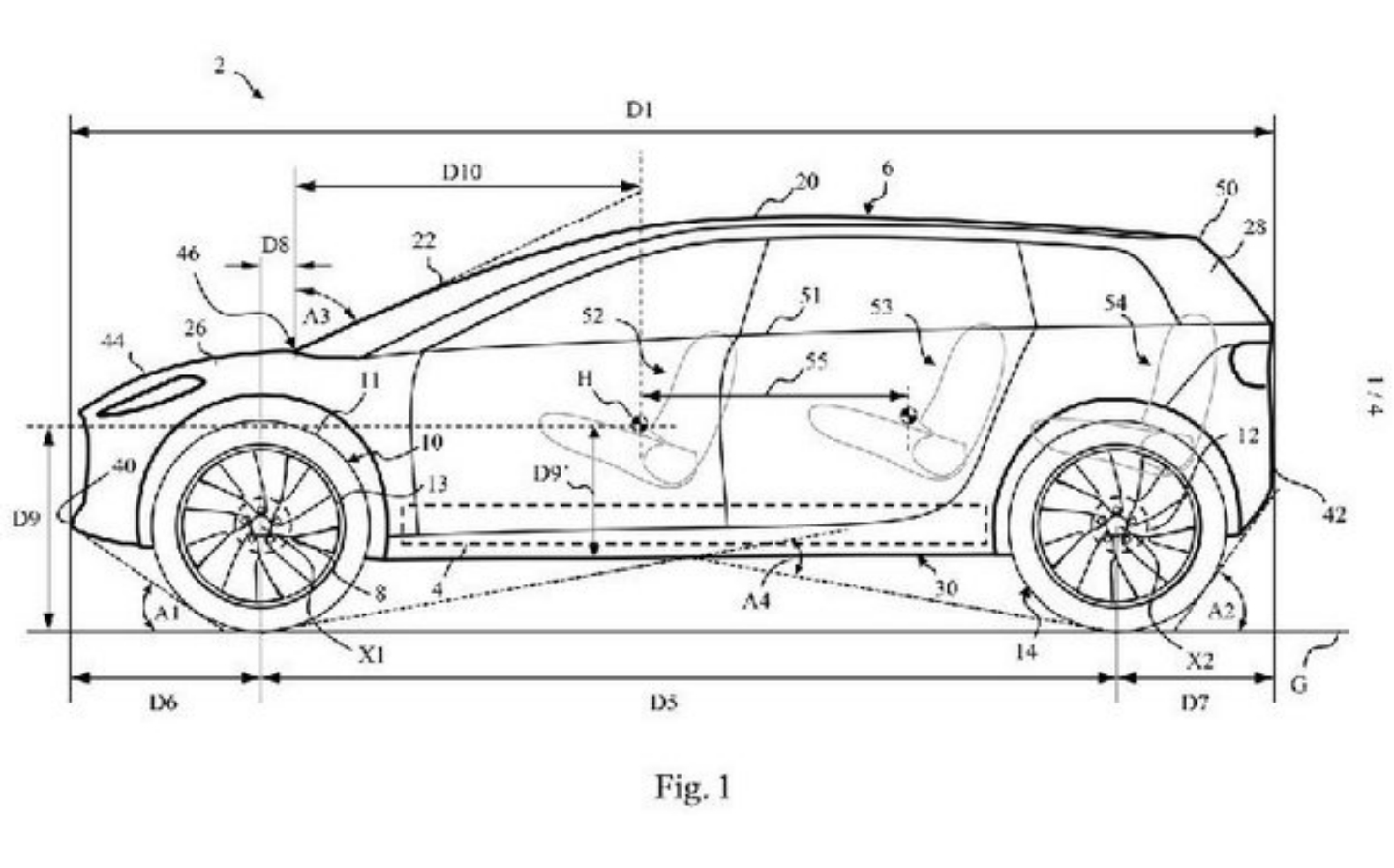Dyson scraps electric car plans
Company claims it couldn't make the car it was making "commercially viable"
DYSON has announced it will be shutting down its automotive division — putting an end to the company’s much-publicised plans of becoming a pure-electric car maker.
According to Dyson founder and chief executive James Dyson, the electric car project has been scrapped as the tech company “simply cannot make [the vehicle] commercially viable”.
This is despite the company allocating £550m to the redevelopment of the RAF Hullavington airfield into a electric car R&D and testing facility, and earmarking a site in Singapore at which to build a purpose-built, two-storey car factory.
While Dyson hasn’t explicitly ruled out selling the remnants of its car division to interested parties, a statement read: “We have been through a serious process to find a buyer for the project which has, unfortunately, been unsuccessful so far.”
Even though the car project is now no more, Dyson is remaining incredibly coy over details of the vehicle it had been developing. The company would only describe the pure-electric model as being “a fantastic car” that would have used a solid-state battery setup, rather than the lithium-ion technology used in electric production cars today.
A patent image of the now-cancelled car suggests whatever it was Dyson was working on may have been an SUV-style, five-door car that wasn’t too dissimilar in concept to the pure-electric Jaguar I-Pace.

Previous reports indicated Dyson was considering a range of pure-electric cars that consisted of three models. None of the vehicles were officially revealed, though it’s understood the first one would have been a “niche appeal” car that would have gone on sale at some point in 2020.
Assuming the technology Dyson’s developed would be mature enough for production, a solid-state battery would in theory have allowed faster charging times than equivalent lithium-ion battery packs. At the time of writing, Dyson has yet to reveal just what sort of charge speeds its car batteries would have been capable of, or how long they’d be able to retain their charge before they were run flat.
Despite the axing of the automotive project, Dyson says it has no plans to depart its electric car development facility, as the company has pledged it will “continue to expand” at the Hullavington site. It also claims it will continue its research into solid-state battery systems, though it remains unclear if Dyson has any plans to use this technology in any future automotive applications as a third-party supplier.
It’s also yet to be seen how many members of the Dyson Automotive team will be able to stay at the company. Dyson claims it is “working to quickly find alternative roles within Dyson for as many of the team as possible and we have sufficient vacancies to absorb most of the people into our Home business,” and says it will support staff who are unable to find a new position or decide to leave the company.
Tweet to @J_S_Allen Follow @J_S_Allen





